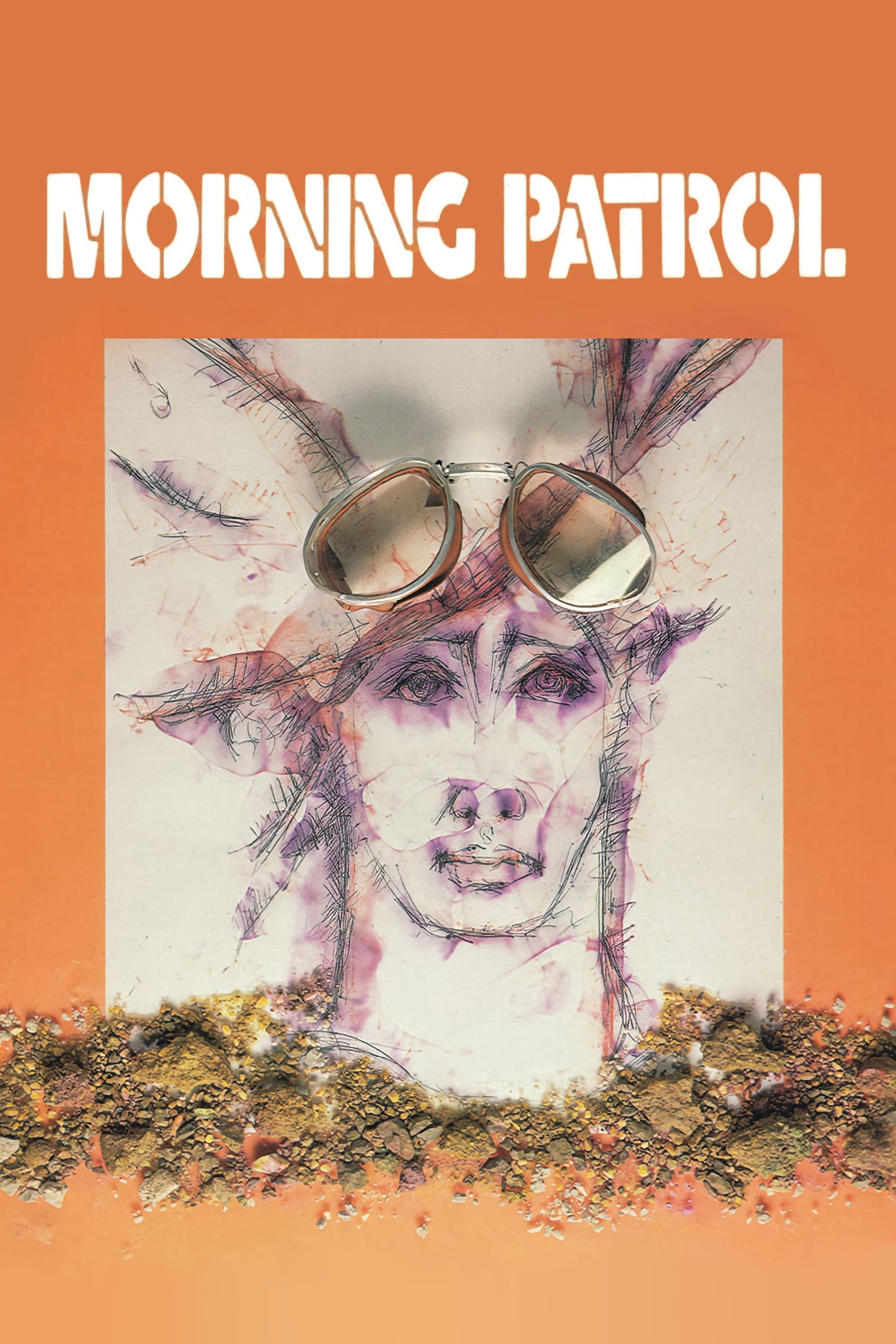Morning Patrol

Morning Patrol
7.1
Going alone into an abandoned, living city, a woman tries to cross a forbidden zone swarming with the Morning Patrol and traps. Meeting one of the last city guards, they attempt recall the past and penetrate the zone together.
Mike reviewedOctober 11, 2024
Morning Patrol is a love story that is not about people. It is about the existence of love in a dystopian world.
"Oil and water are the same as wind and air to you. You sleep the big sleep. This filth can't touch you now."
Can love flourish in a world where it's everyone for themselves? Does love exist in a world where trust doesn't exist? Maybe the absence of trust doesn't mean it doesn't exist—and when trust reappears, it could be a gateway to love. A love that is being strengthened by its contrast with the dystopian world—like a little point of light surrounded by darkness... like hope in a hopeless world.
A question I was wondering throughout the film was; why is everyone killing each other? Does our environment push us into being killers, or is it only testing our morality and are we ultimately the ones that make the decision? Are you a bad person if you kill someone? I personally don't think it is an easy answer. Killing is part of humanity—our will to live is often stronger than our morality. It is part of our primal instinct... a part that becomes visible under certain circumstances—in this film those circumstances are survival.
"I'm afraid of death... afraid of dying. Scared of black water and empty sculls."
But what we also see in this film is another reason why they are killing each other, which is the lack of any boundaries and structure—like laws, religion, work or education. These people kill others simply because they can.
Even though there aren't many characters on screen, the film never feels empty or lifeless due to the great set designs. Scenes are framed and staged in such a way that objects from the environment fill the frame. The camera moves along with the wandering characters so that we, the viewer, move through the dystopian environments with them—resulting in the environment becoming a character itself.
The cinematography sets a strong post-apocalyptic tone, which gets even further enhanced by the beautiful Blade Runner-esque score and calm inner monologue that introduces us to this dystopian world. We are not only seeing the lonely woman wandering this post-apocalyptic world... she is also describing it. Why 'show, not tell' if you can show AND tell. The decision to use a voice-over was a great one. I know a lot of people don't like voice-overs in films, but I think it fits the post-apocalyptic world building very well—just like it did with Blade Runner. It gives this feeling that the characters are talking to themselves because they are lonely... as if they are trying to keep themselves sane.
Read full review at Letterboxd: Mike_v_E
